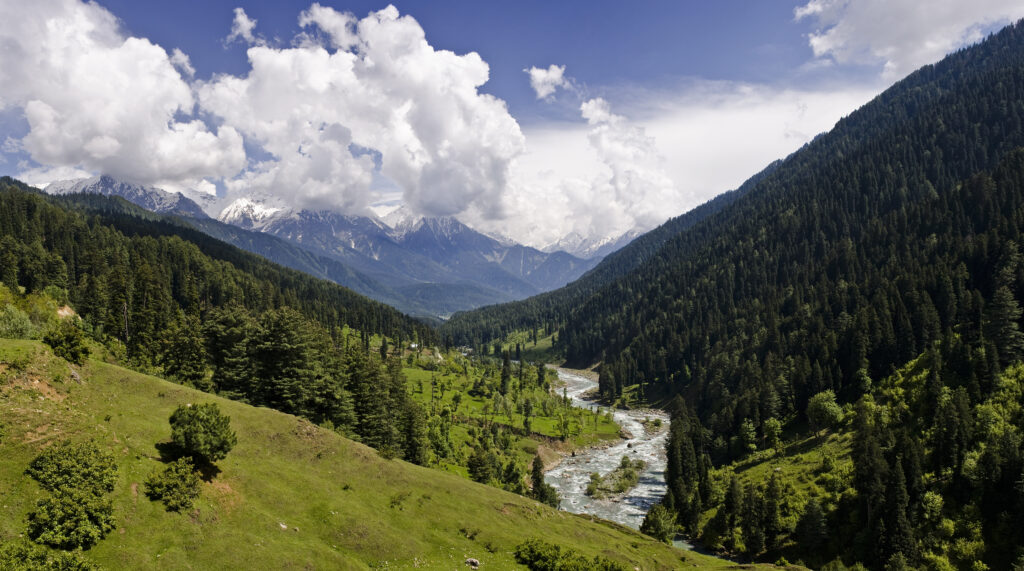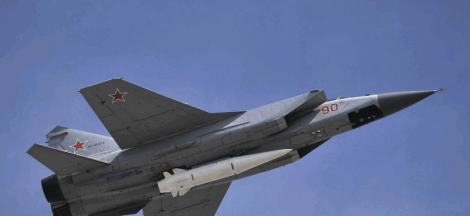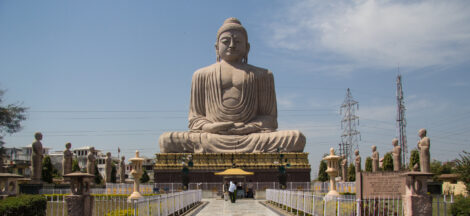Pakistani troops initiated small-arms fire on Indian military positions along the Line of Control for the second consecutive night, exacerbating tensions following the massacre of 26 civilians in Pahalgam, Jammu and Kashmir. Indian forces responded promptly, with no casualties reported on either side.
The Indian Army described the firing as “unprovoked,” occurring across multiple sectors in the Kashmir Valley. The exchange, which began around midnight, marks a significant deterioration in the fragile ceasefire agreement between the two nuclear-armed neighbours.
The escalation follows the April 22 attack in Pahalgam, where gunmen opened fire on tourists in the Baisaran meadow, a popular destination known as “Mini Switzerland.” The assault, which resulted in the deaths of 26 civilians, has been claimed by a previously unknown militant group, the Kashmir Resistance. Indian authorities have attributed the attack to Pakistan-based militants, a claim Islamabad vehemently denies.
In response to the massacre, India has implemented a series of retaliatory measures, including the suspension of the Indus Waters Treaty, revocation of Pakistani visas, and the closure of the land border. Pakistan has countered by closing its airspace to Indian flights, suspending bilateral trade, and threatening to withdraw from the Simla Agreement, which underpins the ceasefire line in Kashmir.
The United Nations has urged both countries to exercise maximum restraint and engage in dialogue to prevent further escalation. However, domestic pressures in both nations complicate the situation. In India, Prime Minister Narendra Modi faces mounting public demand for a strong response, while in Pakistan, political instability following the imprisonment of former Prime Minister Imran Khan has weakened governance structures.




 Trump Claims Direct Talks with Xi as China Denies Engagement
Trump Claims Direct Talks with Xi as China Denies Engagement 